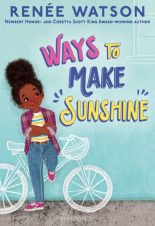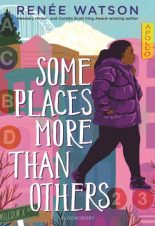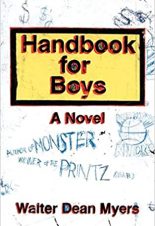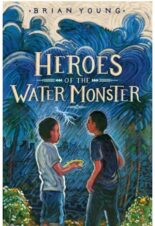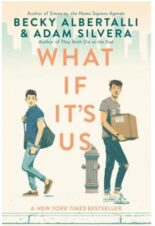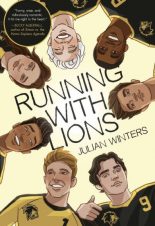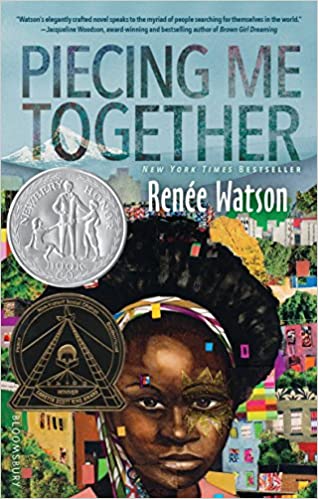
Buy This Book
“I don’t know why I never considered it before. Here I am, so focused on learning to speak another language, and I barely use the words I already know. I need to speak up for myself. For what I need, for what I want,” Jade Butler. –Piecing Me Together
Piecing Me Together
by Renée Watson
AR Test, Diverse Characters, Must Read, Strong Female
12+
Score
4.5
288
Jade Butler, a black teenager in Portland, loves making art and collages. She constantly finds beauty in the mundane, everyday things that surround her.
Jade is an ambitious, intelligent, and determined young woman striving for success. But, too often, Jade feels that in order to find success and “make something of this life, [she has] to leave home, [her] neighborhood, [her] friends.” Jade simply wants to be able to create, expressing her joys and pains, without feeling like she needs to completely change who she is. But it seems like her school, the programs she’s in, and even the world is trying to “fix” her. They want to tear her apart and make a “better” version of her.
At school, Jade often feels like an outsider. It’s not only “because I’m black and almost everyone else is white,” Jade explains, “But because their mothers are the kind of people who hire housekeepers, and my mother is the kind of person who works as one.” Since Jade has grown up in a poor, single-parent household, her perspective on life is wildly different from her peers, which makes it difficult for her to connect with them. Moreover, Jade feels like she has been labeled the poor black girl, making her everyone’s charity case. While she is happy to accept the opportunities that come her way, Jade wishes she could be treated like the rest of the smart, successful students. She doesn’t want to be part of the mentorship program, where she was chosen because the school wants “to be as proactive as possible, and you know, well, statistics tell us that young people with your set of circumstances, are well, at risk for certain things.”
When Jade meets her mentor, Maxine, she is again disappointed and discouraged. While Maxine is also black, she grew up in a middle-class neighborhood, with successful parents. At times Jade feels that Maxine understands her, and their friendship seems easy. But then Jade thinks, “how quick it is that Maxine reminds me that I am a girl who needs saving. She knows I want out and she has come with a lifeboat. Except I just don’t know if I can trust her hand.” Again, Jade feels like she is not being recognized fully for her successes and talents.
In the end, Jade realizes that her situation will never change if she does not express her thoughts and feelings. “I need to speak up for myself,” Jade explains. “For what I need, for what I want.” If she wants to go on the study abroad trip to Costa Rica, she needs to advocate for her wants. If the mentorship program is upsetting her, she needs to say something about it. Jade confronts Maxine, and they talk about how they both can do better. Jade realizes even “imperfect people have things to teach you.” Furthermore, Jade realizes that she needs to take her future into her own hands and that the power of advocacy goes beyond just helping herself.
Piecing Me Together explores racism, microaggressions, and social issues like police brutality. Throughout the novel, Jade encounters various instances of racially charged microaggressions. For example, when shopping in a store, Jade is singled out and asked to leave because she is “stand[ing] idle.” Afterward, Jade’s friend, who is white, does not understand why Jade is upset. Jade thinks “I don’t know what’s worse. Being mistreated because of the color of your skin, your size, or having to prove that it really happened.” In another instance, when Jade is taken to the opera, the volunteer leading their tour group says, “you know, some folks don’t think they can relate to this kind of music. But let me tell you, all kinds of people have been lovers of the symphony.” After Jade hears this, her “emotions are all mixed up and jumbled inside.” Jade thinks, the tour guide simply “thought we were the kind of kids who wouldn’t appreciate classical music . . . mak[ing] me feel like no matter how dressed up we are, no matter how respectful we are, some people will only see what they want to see.”
Jade is also hyperaware of how other black people are treated. When Natasha Ramsey, a fifteen-year-old black girl, is beaten by the police, Jade cannot stop thinking about what has happened. Jade cannot help but think that Natasha “looks familiar. Like a girl [she] would be friends with.” While Jade hears about “this stuff all the time,” this time it feels personal like it could have been her. Piecing Me Together does not shy away from the realities of racism and police brutality, but it also shows the power of advocacy and community activism. Jade and her friends help organize an art event that creates an outlet for people of color to express their feelings.
Piecing Me Together is a great book and a must-read. Jade is a strong, confident teenager, who is learning to live in the world as a black woman. She also is “discovering what [she is] really capable of.” Though this book contains serious discussions about what it means to be a person of color in America, it is also an exploration of learning how to stand up for yourself. Moreover, it is a story about the power of friends and family, who are the scaffolding that help support Jade through her journey in a world that too often is trying to tear her apart.
Sexual Content
- As Jade is waiting for the bus, a drunk man approaches her. At one point “he leans in as if he’s going to kiss me.” Jade steps back, “tell[s] him to stop” and “walk[s] a few blocks to the next [bus] stop.”
- On the bus, a woman walks on with her “shirt [hanging] so low and is so thin, you can see her braless breasts.”
- Maxine and her friends tell Jade about a play entitled The Vagina Monologues. They explain “it’s a play that features stories about women . . . and rape, sex, getting your period.”
Violence
- Jade’s uncle, E.J., “and his friends had been shot. E.J. was okay, barely grazed on his arm. Nate was wounded badly, and Alan died at the scene.”
- Jade thinks about what it means to grow up and go “out into the world.” She cannot help but “watch the news and see unarmed black men and women shot dead over and over.” She then explains “it’s kind of hard to believe this world is mine.”
- An incident in a town near Portland catches Jade’s attention, upsetting her. Police “were called to a house party because neighbors complained about loud music.” A fifteen-year-old girl, Natasha Ramsey, was “manhandle[d]” by the police. While the police claimed she was “being insubordinate,” they “beat her bad, she’s in critical condition . . . [with] fractured ribs and a broken jaw.”
- In a poem, Jade’s best friend, Lee Lee, wrote, she says “this black girl tapestry, this black body / that gets dragged out of school desks slammed onto linoleum floor, / tossed about at pool side, pulled over and pushed onto grass, / arrested never to return home, / shot on doorsteps, on sofas while sleeping / and dreaming of our next day.”
Drugs and Alcohol
- Maxine’s ex-boyfriend “got fired because he kept showing up high and late.”
- During dinner at Maxine’s parent’s house, a few of the adults are drinking wine.
- Jade attends the annual fundraiser for the Woman to Woman organization. Maxine says it will be a cocktail party, but explains to Jade “of course, you won’t be drinking.”
Language
- There is very limited profanity in this book. The word “ass” is used once. However, profanity at points is implied. For instance, at a restaurant, a teenage boy called Jade “every derogatory name a girl could ever be called.”
Supernatural
- None
Spiritual Content
- At a Woman to Woman meeting, the group talks about relationships and dating. Jade notes one of the girls in the group seems like she is an “‘I’m Saving Myself for Marriage’ girl. Right now, Jesus is her boyfriend.”
- Jade’s mom explains, “Thanksgiving has always been a day for getting together with family, a day to thank God for my personal blessings.”
- Jade encounters a woman on the bus who continuously says, “Jesus loves you. Jesus loves you.”
- Jade suggests she and her family pray for Natasha Ramsey, the black teenager beaten by the police. E.J., her uncle, responds by saying “what is prayer going to do… prayer ain’t nothing but the poor man’s drug.” E.J. continues saying “poor people are the ones who pray. People who don’t have what they need, who can’t pay their rent, who can’t buy healthy food, who can’t save any of their paycheck because every dollar is already accounted for. Those are the people who pray. They pray for miracles, they pray for signs, they pray for good health. Rich people don’t do that . . . plus, God isn’t the one we need to be talking to. We need to talk to the chief of police, the mayor, and the governor. They’re the ones with the power to make change.”
“I don’t know why I never considered it before. Here I am, so focused on learning to speak another language, and I barely use the words I already know. I need to speak up for myself. For what I need, for what I want,” Jade Butler. –Piecing Me Together
Latest Reviews
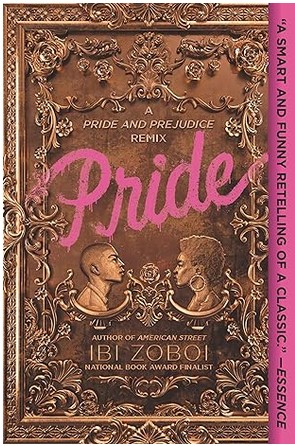
Pride: A Pride & Prejudice Remix
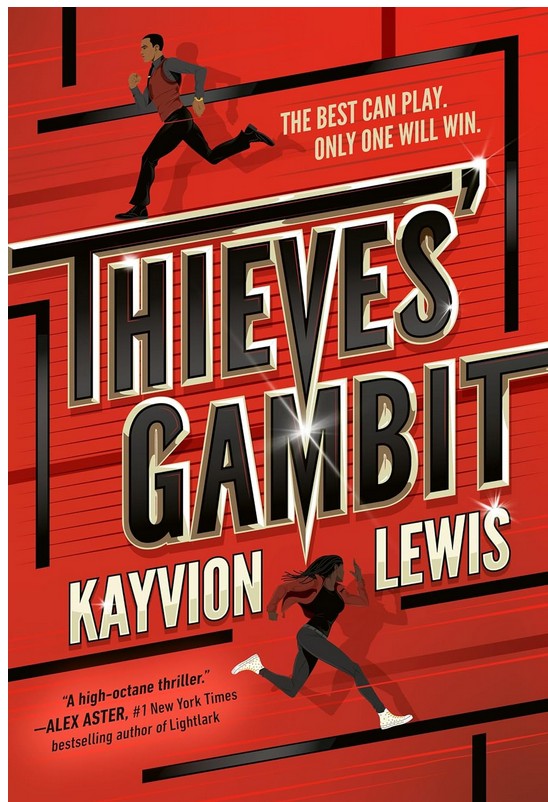
Thieves’ Gambit #1
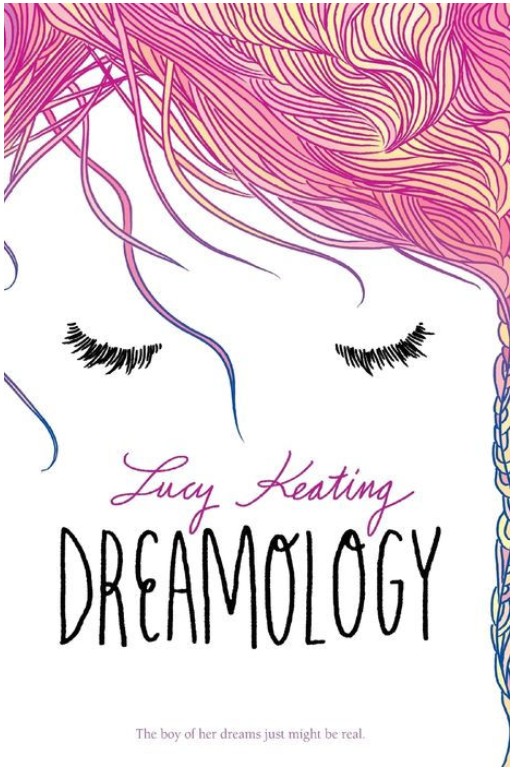
Dreamology
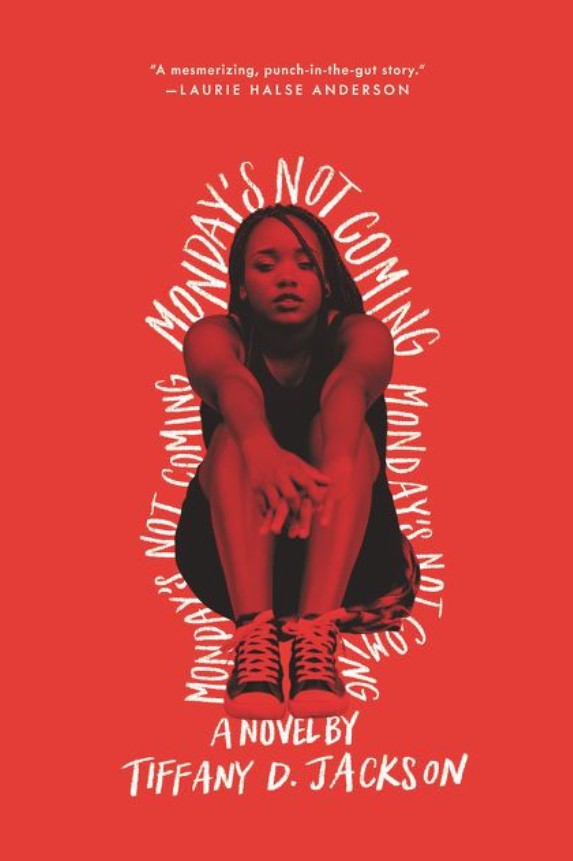
Monday’s Not Coming
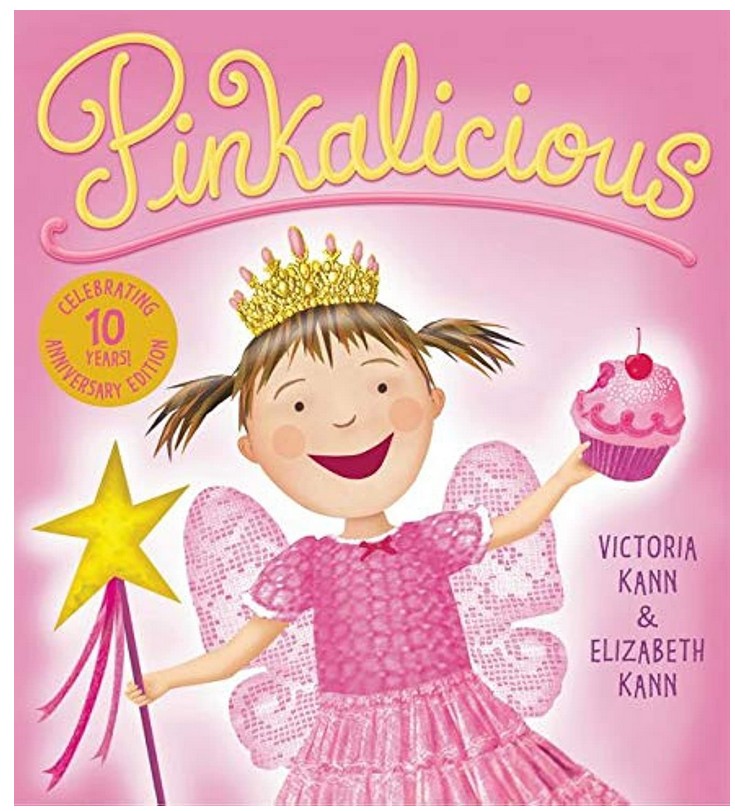
Pinkalicious

Driven

Goodbye Days

Blood of Troy

Will’s Race for Home

